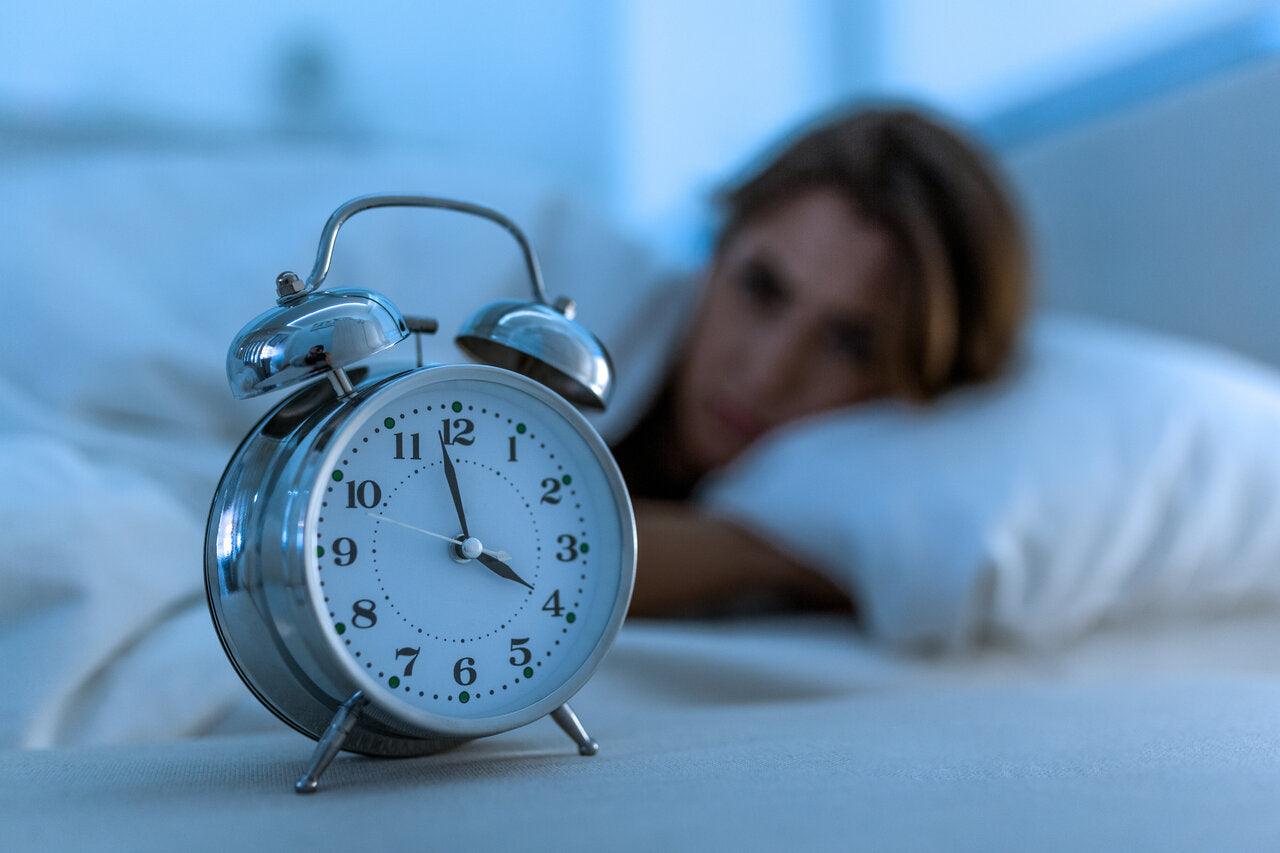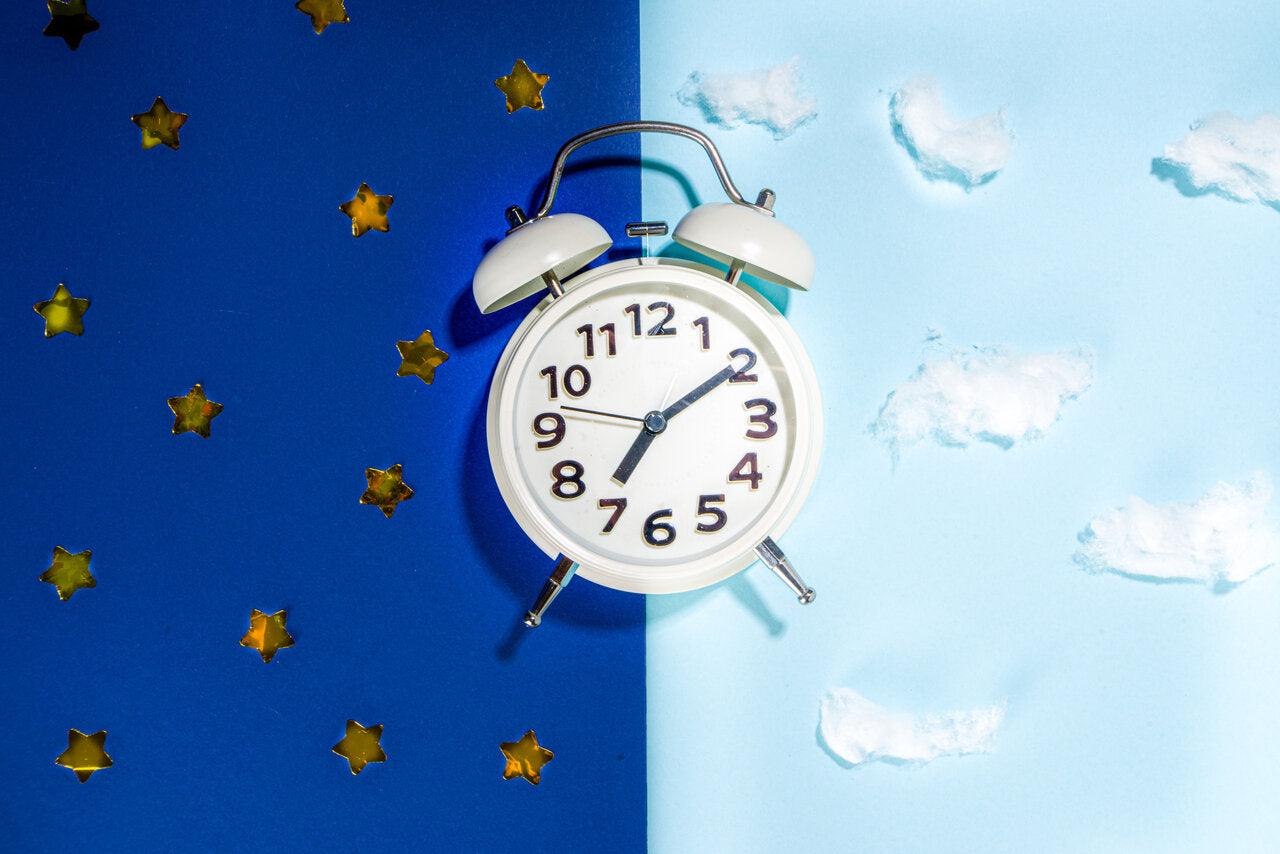Picture this, you’ve waited for nine months to meet your bundle of joy. The moment you finally bring your baby home to settle in, and BAM…your first month or two go by in a blur, sound familiar?
The first few months with a newborn.
We all know that babies need feeding every few hours at the start, however just how long can you go with multiple interruptions before you start to nap in the day?
Worst still, you struggle to get to sleep at night before your newest member wakes you up again. It’s a catch 22.
Do you sleep when the baby sleeps during the day, or admit defeat and stay in a constant daze, irritable and grouchy? Woe betide anyone who dares suggest you need to get more sleep, like it’s that easy!
Create a healthy bedtime routine, for you and baby!
We’ve been there too, so why not try a few of these tips and see if your mood, sleep and general well-being improves.
Aim to go to bed early.
Most newborns will sleep until their first night feed around 1:00am, this is a great time to try and get a head start with 3-4 hours sleep. If you struggle going to bed early, try reading a good book in bed, take a bath or just give yourself some relaxing me-time with a warm drink.
Share the night shift.
If an offer to take it in turns with your partner, or even a family member arises then take it! As they say, “never look a gift horse in the mouth” and this is one gift you will truly benefit from. Even if you’re breastfeeding it’s totally possible, with all the gadgets on the market, there is no excuse. Get expressing a bottle or two for your night off!
Sleep when your baby sleeps.
The washing, ironing and hoovering can wait for a couple of hours, it’s not like it’s going anywhere! Perhaps ask a friend or family member to help for a couple of hours a week with the laundry etc in exchange for a happier mummy. If you can’t sleep during the day, try our eye mask and pillow spray., You will see how easy a few simple bedtime products can induce the mind to be ready for sleep.
Relaxation is key.
With so many apps, playlists and podcasts there is no excuse not to give yourself 10 minutes to recharge. When you feel overwhelmed and exhausted, this is a clear sign you need to slow things down and listen to your body. After all, your stress will be sensed by your baby and then it can go downhill, fast!
Don’t ignore the signs.
Tiredness and a general low feeling of not enjoying your new life, difficulty bonding with your baby, or thoughts of failure are not simply lack of sleep. These are early warning signs of postnatal depression. If you feel like this, then don’t be afraid to ask for help.
Talk to your partner, close friend, family member, health visitor or GP immediately, so you can get the support you need straight away. Postnatal depression happens gradually over time, so know the signs! You can get more help from the Association of Postnatal Illness and also PANDAS
Who’s crying now, and we don’t mean the song by Journey!
Whilst you may feel like crying yourself at times, some babies do cry more than others, which can be exhausting especially at nighttime. If you feel your baby regularly cries more than they should, and are not showing signs of hunger, illness or dare we say it, the nightly nappy explosion, then give Cry-sis a call. They can assist you with any sleep or restlessness issues your baby is experiencing.
Things will get better in time.
Trying some of the above will in turn assist in a more healthy sleep for you. You can also ensure you follow a good sleep hygiene routine before your baby arrives, so you’re setting off on the right foot.
Why not sign up to our newsletter for more helpful tips on sleep and how you can enhance your bedtime routine in a more natural way. Our product range is totally natural, so you can be safe in the knowledge, you will wake up feeling refreshed and happy again!



